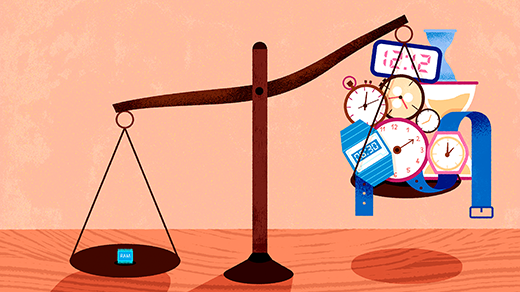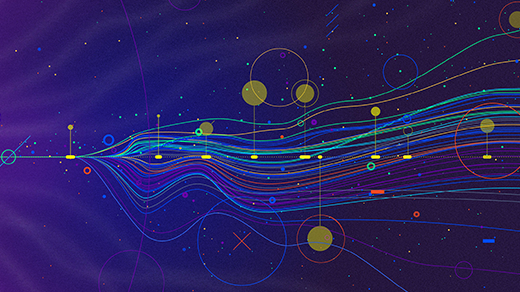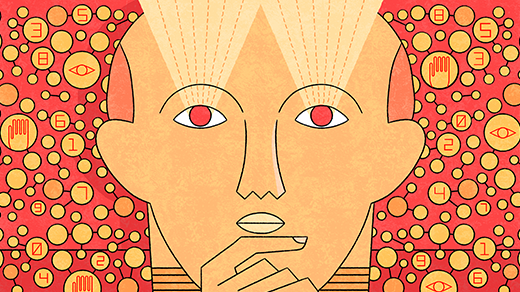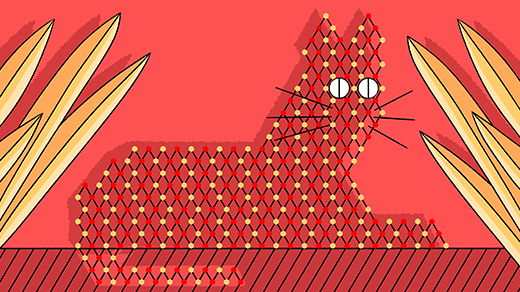Latest Articles
The Game Theory of How Algorithms Can Drive Up Prices
Recent findings reveal that even simple pricing algorithms can make things more expensive.
To Understand AI, Watch How It Evolves
Naomi Saphra thinks that most research into language models focuses too much on the finished product. She’s mining the history of their training for insights into why these systems work the way they do.
Busy Beaver Hunters Reach Numbers That Overwhelm Ordinary Math
The quest to find the longest-running simple computer program has identified a new champion. It’s physically impossible to write out the numbers involved using standard mathematical notation.
New Method Is the Fastest Way To Find the Best Routes
A canonical problem in computer science is to find the shortest route to every point in a network. A new approach beats the classic algorithm taught in textbooks.
Quantum Scientists Have Built a New Math of Cryptography
In theory, quantum physics can bypass the hard mathematical problems at the root of modern encryption. A new proof shows how.
For Algorithms, a Little Memory Outweighs a Lot of Time
One computer scientist’s “stunning” proof is the first progress in 50 years on one of the most famous questions in computer science.
Science, Promise and Peril in the Age of AI
An exploration of how artificial intelligence is changing what it means to do science and math, and what it means to be a scientist.
Why Language Models Are So Hard To Understand
AI researchers are using techniques inspired by neuroscience to study how language models work — and to reveal how perplexing they can be.
How Can AI ID a Cat? An Illustrated Guide.
Neural networks power today’s AI boom. To understand them, all we need is a map, a cat and a few thousand dimensions.









